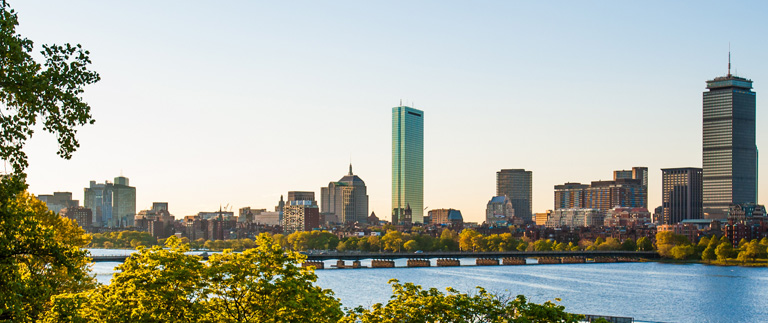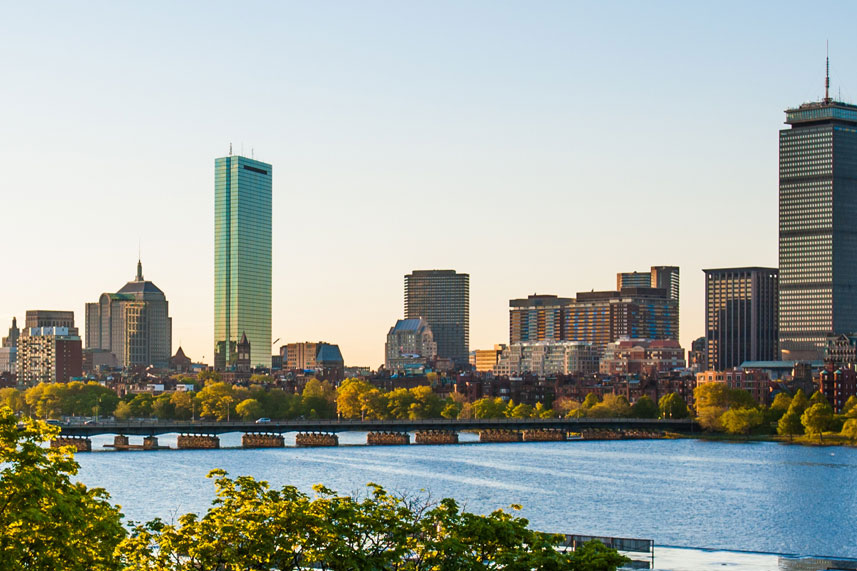Urban Smart Sewering
Massachusetts
Summary
Natural Systems Utilities was selected by the Charles River Watershed Association (CRWA) to apply its proven technical and financial modeling approach to evaluate integrated infrastructure opportunities. Focused on sustainable resource recovery—including water reuse, thermal energy capture, and food waste recycling—NSU collaborated closely with a multidisciplinary technical advisory panel convened by CRWA.
Through a series of collaborative sessions, NSU shared its modeling results and system strategies, receiving critical insights that helped refine the technical, financial, and ownership frameworks. The process allowed for a holistic evaluation of green infrastructure alternatives across the study areas, combining real-world data with community-driven priorities.
This project reflects NSU’s commitment to innovation, transparency, and partnership in designing resilient, regenerative infrastructure solutions.
Challenge
In many urban areas, conventional sewer systems divert wastewater—and often significant amounts of clean groundwater through inflow and infiltration—away from the communities they serve. This not only removes valuable water from the local environment but also disrupts the natural hydrology and ecology of surrounding watersheds.
The challenge in this project was to design and evaluate a forward-thinking, integrated model that keeps resources local. The goal: recycle wastewater and food waste near their sources while supporting the regeneration of the watershed. This required a technical and financial framework capable of turning linear waste streams into circular systems that enhance both environmental health and community resilience.
Solution
Natural Systems Utilities refined its integrated infrastructure model to reflect the unique characteristics and priorities of the metropolitan Boston area. Using localized data, NSU evaluated the technical and financial feasibility of two neighborhood-scale smart sewering scenarios within the City of Boston—demonstrating how decentralized resource recovery can be both practical and cost-effective in dense urban settings.
The analysis explored a range of project delivery strategies, including Design-Build, Design-Build-Operate, and Design-Build-Own-Operate models. It also assessed infrastructure ownership options—from fully public to fully private, as well as public-private partnerships—tailoring recommendations to align with community goals and governance structures.
In parallel, the Charles River Watershed Association assessed the broader economic implications of smart sewering, highlighting its potential to deliver long-term value through resilience, resource efficiency, and local environmental regeneration.
Highlights
-
Collaborative input from a Technical Advisory Committee representing federal, state, regional, and municipal agencies
-
Emphasized wastewater as a valuable resource to be recovered and reused close to its point of origin
-
Tackled the interconnected challenges of the food-water-energy nexus at the local scale
-
Aligned infrastructure solutions with green infrastructure strategies and broader ecological restoration goals




